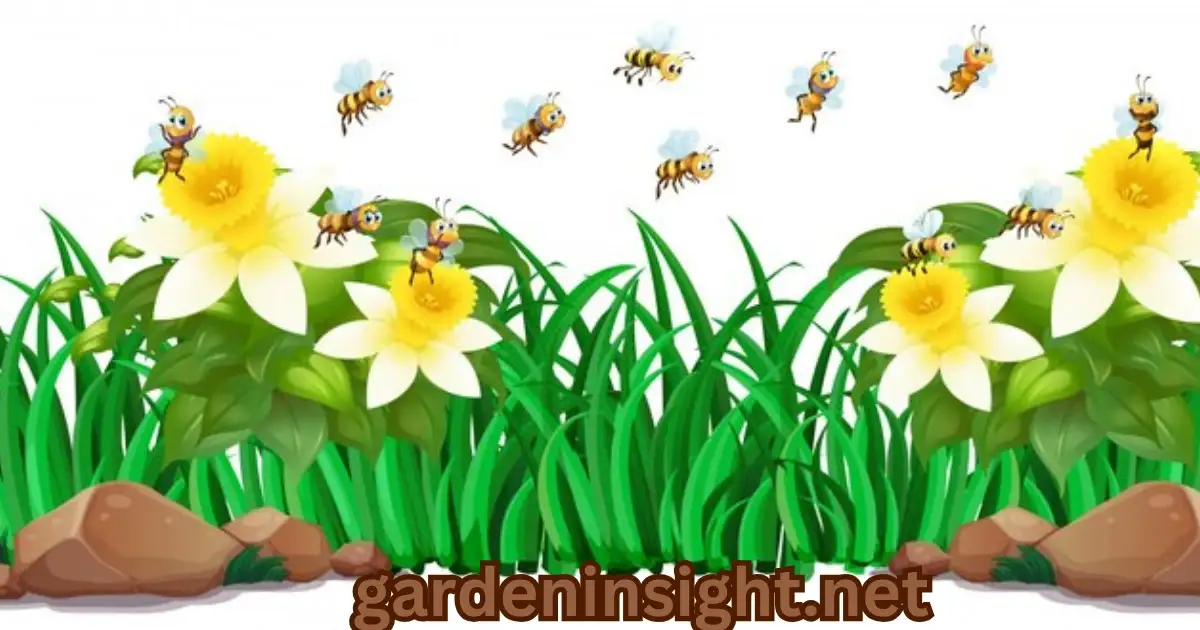Imagine stepping into your garden and being greeted by the gentle hum of busy bees, flitting from flower to flower. Keeping bees in your garden is a rewarding experience that benefits both you and the environment.
Let’s dive deep inside and find the benefits and ways to keep bees in your garden. And foremost is the question, “why is there any need to keep bees in garden”. Let’s find answers to all these interesting questions!
Benefits to Keep Bees in Garden
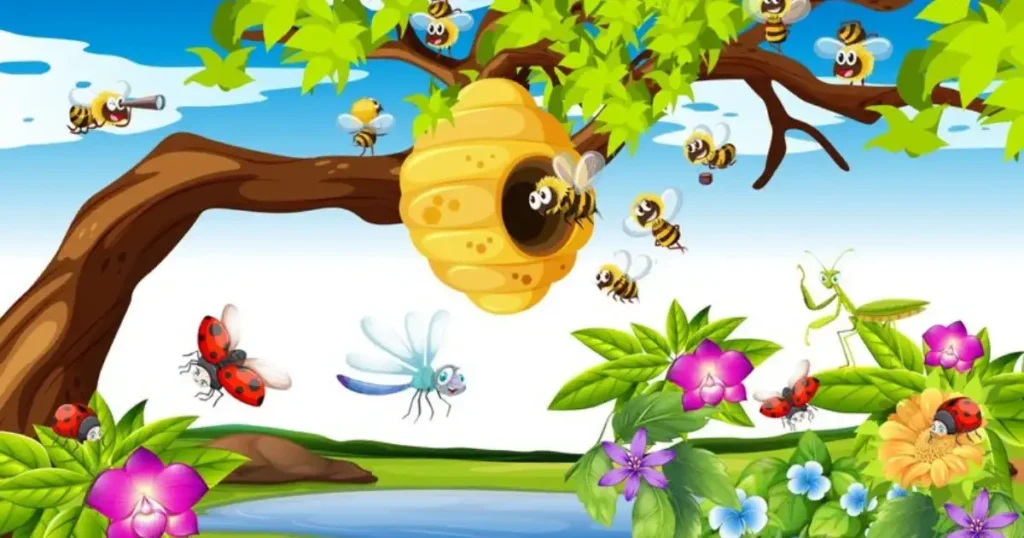
- Improved pollination: Bees are excellent pollinators, helping your flowers, fruits, and vegetables thrive. This leads to increased yields and healthier plants.
- Honey production: One of the sweetest rewards! You can harvest your own honey, enjoying its unique flavor and health benefits.
- Contribution to the ecosystem: Bees play a vital role in maintaining biodiversity. By keeping bees, you contribute to the health of your local ecosystem.
- Educational opportunity: Beekeeping offers a fascinating learning experience for you and your family. Observe their intricate social structure and learn about the vital role they play in our world.
- Connection with nature: Beekeeping fosters a deeper connection with the natural world and promotes a sense of environmental responsibility.
How to Keep Bees in Your Garden
Before you start your beekeeping journey, there are a few essential steps to consider:
Is it Legal to Keep Bees in Residential Gardens?
Regulations regarding beekeeping vary depending on your location. Contact your local council or beekeeping association to learn about specific rules and restrictions in your area. Some common regulations include:
- Number of hives allowed: There may be limits on the number of hives you can keep based on your property size.
- Hive placement: Regulations might specify the distance between hives and property lines, ensuring your bees don’t become a nuisance to neighbors.
- Registration: Some areas require beekeepers to register their hives with local authorities.
What Do You Need to Start Keeping Bees in Your Garden?
Getting started with beekeeping requires some initial investment in equipment. Here’s a basic list of what you’ll need:
| Equipment | Description |
|---|---|
| Hive | A wooden box that serves as the bees’ home. |
| Frames | Wooden frames that fit inside the hive, where bees build their honeycomb. |
| Foundation | A thin sheet of beeswax with a honeycomb pattern, providing a base for the bees. |
| Smoker | Used to calm the bees during hive inspections. |
| Hive tool | A metal tool for separating hive components and scraping off excess wax. |
| Bee suit | Protective clothing to prevent stings. |
| Gloves | Protect your hands from stings. |
| Queen excluder | Prevents the queen bee from laying eggs in the honey supers. |
| Honey extractor | Used to extract honey from the honeycomb. |
Can You Keep Bees in a Small Garden?
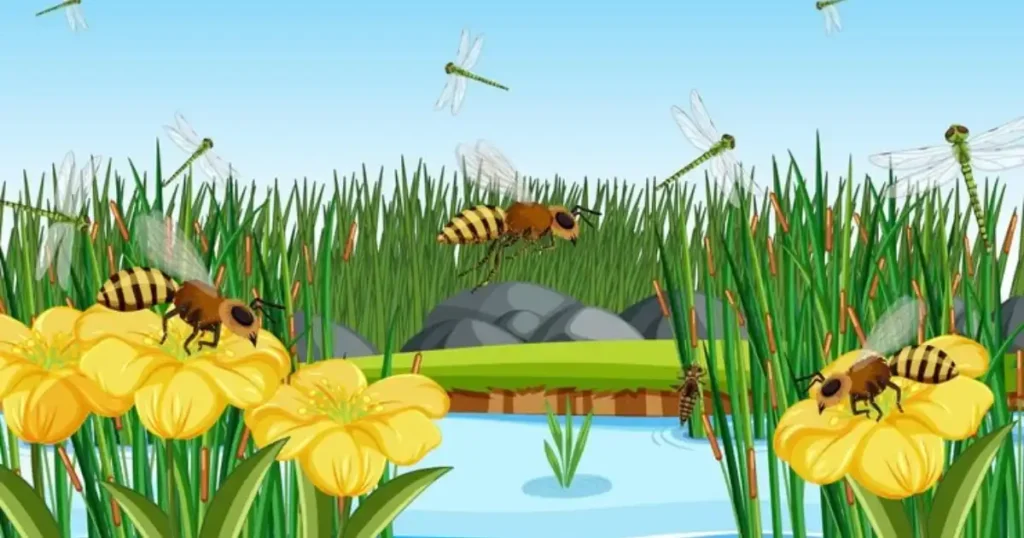
Yes, you can keep bees even in a small garden! Consider starting with one hive and choose a compact hive design. Ensure your garden provides enough forage for the bees and position the hive thoughtfully to minimize disturbance to neighbors.
Can You Keep Bees In Garden
Absolutely, you can keep honey bees in your garden! It’s a rewarding way to support pollinators, boost your garden’s productivity, and enjoy fresh, homegrown honey.
Whether you have a sprawling backyard or a compact urban garden, there are beekeeping options suitable for your space. Before you begin, it’s essential to research local regulations, learn about beekeeping best practices, and consider the needs of your neighbors.
With proper care and attention, your garden can become a haven for these vital creatures, providing delicious honey and contributing to a healthier ecosystem.
Creating a Bee-Friendly Garden
Transform your garden into a haven for bees by providing them with the resources they need to thrive.
How to Create a Bee-Friendly Garden Setup
- Plant a variety of flowers: Choose flowers with different shapes, colors, and blooming times to provide a continuous source of nectar and pollen throughout the seasons.
- Provide a water source: Bees need water for drinking and cooling the hive. A shallow dish with pebbles or marbles for the bees to land on is ideal.
- Avoid pesticides: Pesticides can be harmful to bees. Opt for natural pest control methods or choose bee-friendly pesticides if necessary.
- Create nesting habitats: Leave some areas of your garden wild with patches of bare ground, dead wood, and hollow stems to provide nesting sites for solitary bees.
What Plants are Best to Keep Bees In Garden?
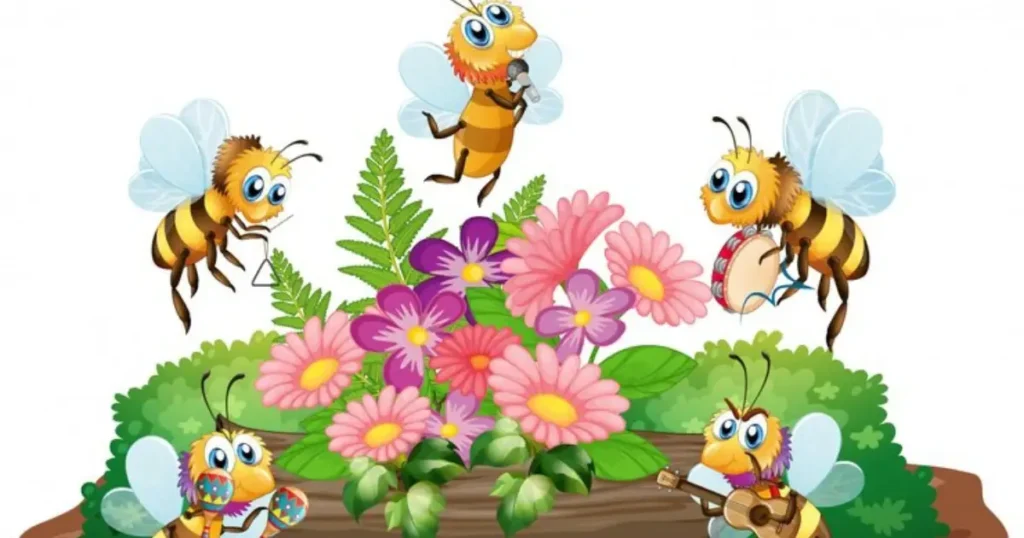
Bees love a diverse range of flowering plants. Here are some excellent choices:
| Plant Type | Examples |
|---|---|
| Herbs | Lavender, rosemary, thyme, borage |
| Flowers | Sunflower, cosmos, zinnia, coneflower |
| Fruit trees | Apple, pear, plum, cherry |
| Vegetables | Squash, cucumber, pumpkin, beans |
Beekeeping Etiquette and Safety
Being a responsible beekeeper involves considering your neighbors and prioritizing safety.
How to Keep Bees in Your Garden Without Disturbing Neighbors?
- Hive placement: Position hives away from property lines and walkways.
- Provide a water source: This reduces the likelihood of bees visiting neighbors’ pools or bird baths.
- Plant a hedge: A hedge or fence can encourage bees to fly upwards, preventing them from flying at low levels across neighboring properties.
- Communicate with neighbors: Inform your neighbors about your beekeeping plans and address any concerns they may have.
What are the Safety Tips for Keeping Bees in Your Backyard Garden?
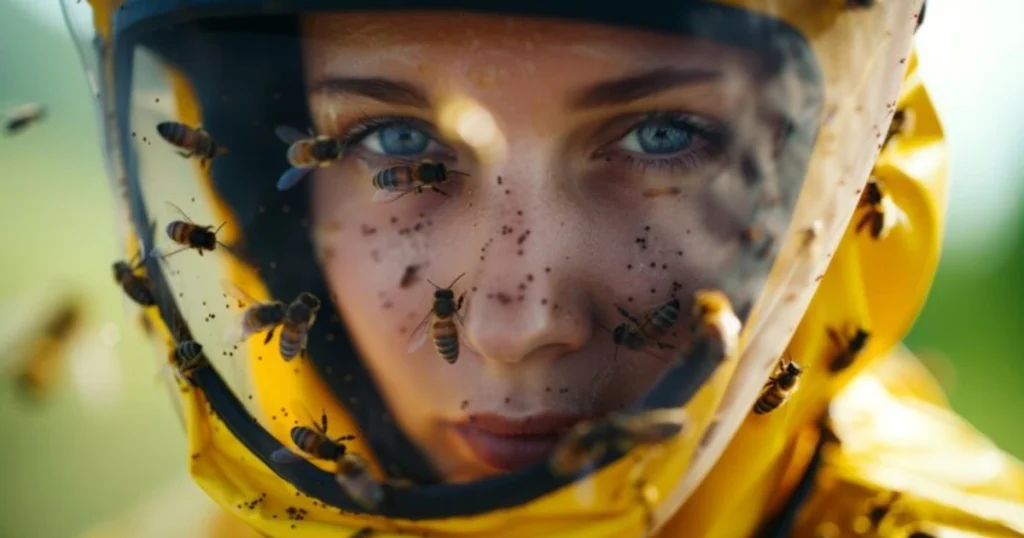
- Wear protective gear: Always wear a bee suit, gloves, and veil when working with your hives.
- Use a smoker: The smoke calms the bees, making them less likely to sting.
- Work gently: Avoid sudden movements and vibrations when inspecting the hive.
- Learn about bee behavior: Understanding bee behavior helps you anticipate their reactions and work with them safely.
- Be prepared for stings: Keep a first-aid kit handy and know how to treat bee stings.
Conclusion
Keeping bees in your garden is a fulfilling experience that offers numerous benefits. By understanding the basics of beekeeping, creating a bee-friendly environment, and practicing responsible beekeeping etiquette, you can enjoy the rewards of fresh honey, thriving plants, and a closer connection with nature.
Remember to research local regulations, invest in the necessary equipment, and prioritize safety to ensure a successful and enjoyable beekeeping journey.
FAQs: Can You Keep Bees in Your Garden?
Here are answers to some frequently asked questions about can you keep bees in garden:
How Much Does it Cost to Start Beekeeping?
The initial cost of beekeeping can vary depending on the equipment you choose and whether you purchase new or used items. Expect to spend around $500-$1000 for the basic equipment, bees, and hive.
How Much Time Does Beekeeping Take?
Beekeeping requires regular checks and maintenance, especially during the active season. Expect to spend a few hours each week on tasks like hive inspections, feeding, and honey harvesting.
What is the Best Time of Year to Start Beekeeping?
Spring is generally the best time to start beekeeping, as this is when bees are most active and colonies are readily available.
Can I Keep Bees if I’m Allergic to Bee Stings?
If you have a severe allergy to bee stings, beekeeping may not be suitable for you. However, if you have a mild allergy, you can still keep bees by taking necessary precautions, such as wearing protective gear and carrying an epinephrine auto-injector (EpiPen).
Where Can I Learn More About Beekeeping?
Many resources are available to help you learn about beekeeping. Consider joining a local beekeeping association, taking a beekeeping course, or reading books and online resources.
